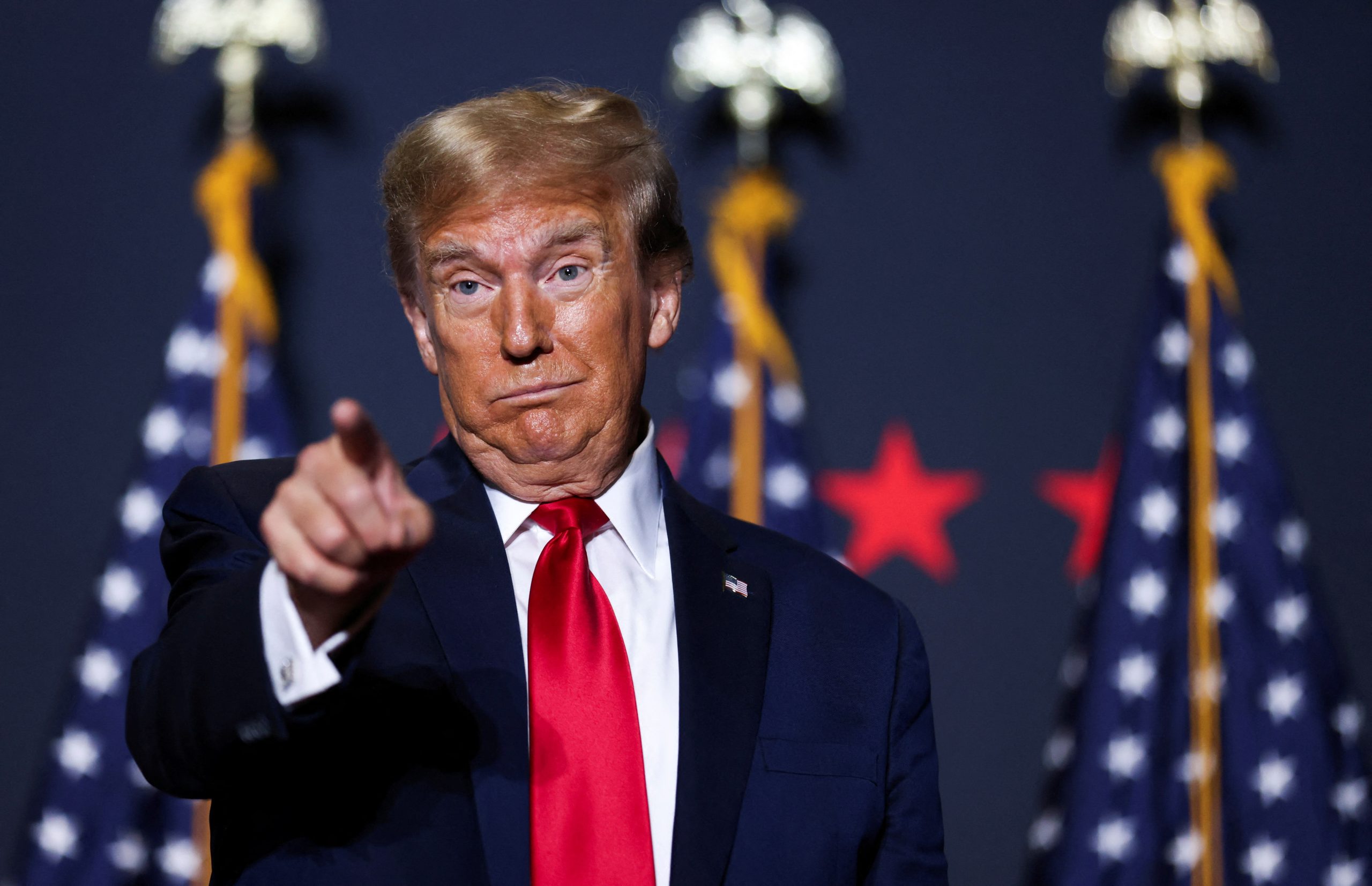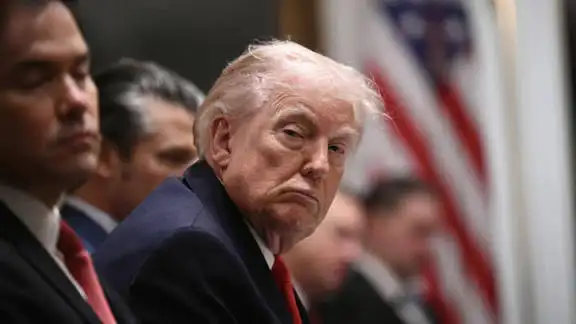President Donald Trump has announced a new trade agreement with Indonesia, imposing a 19% tariff on Indonesian goods imported into the United States. In exchange, Indonesia will eliminate tariffs on U.S. exports. This deal is part of Trump’s broader strategy to reduce the U.S. trade deficit and secure more favorable trade terms.
Under the agreement, Indonesia has committed to purchasing $15 billion in U.S. energy products, $4.5 billion in American agricultural goods, and 50 Boeing aircraft. These commitments aim to bolster U.S. industries and address the significant trade imbalance between the two nations.
The U.S. trade deficit with Indonesia stood at nearly $18 billion in 2024, highlighting the need for such agreements to balance trade relations. The deal also includes provisions to penalize goods transshipped from China through Indonesia, targeting indirect trade routes that circumvent tariffs.
This agreement mirrors a recent preliminary deal with Vietnam, where the U.S. imposed higher export tariffs while Vietnam agreed to purchase U.S. goods. These actions are part of a broader strategy to renegotiate trade terms and reduce America’s trade deficits.
However, the European Union has expressed concerns over these U.S. trade policies. The EU is preparing €72 billion in retaliatory tariffs if negotiations with the U.S. fail, targeting a wide range of products from aircraft to food and beverages. EU leaders have criticized Trump’s unpredictable approach, which complicates negotiation efforts and erodes trust.
The EU’s response underscores the potential for escalating trade tensions and the need for diplomatic efforts to resolve disputes. The situation remains dynamic, with ongoing negotiations and potential for further developments in international trade relations.












Leave a comment